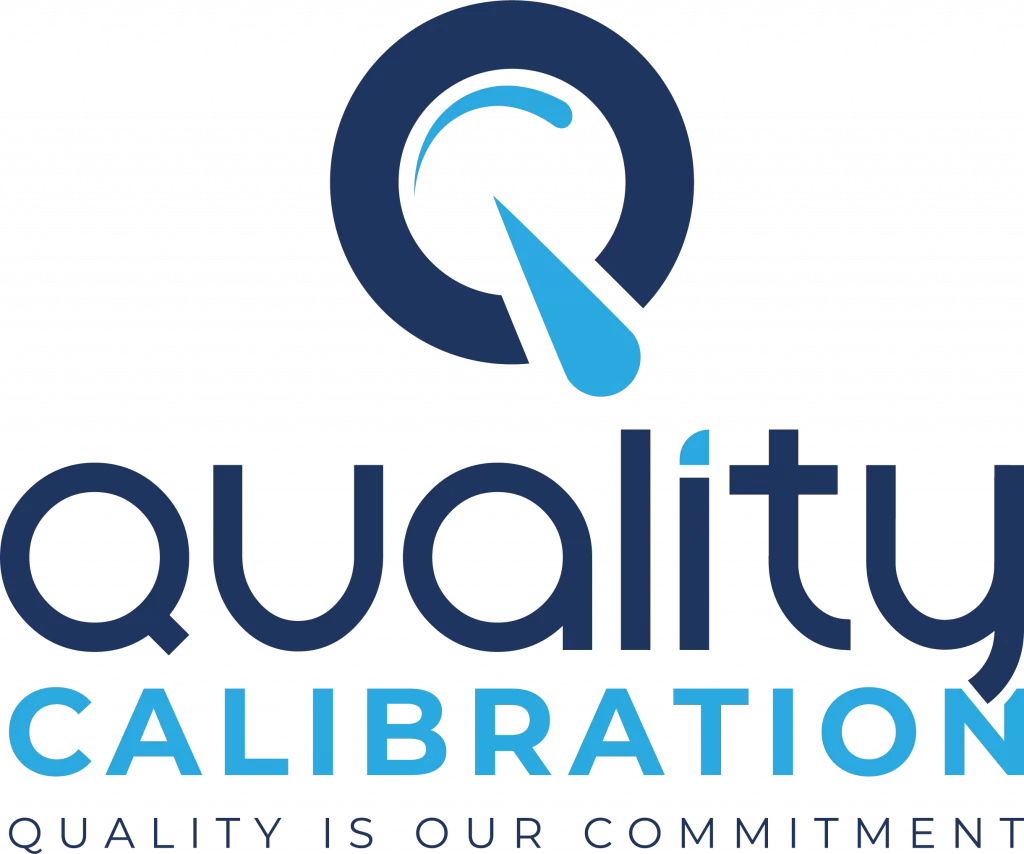In various industries and fields, precise measurements are of paramount importance to ensure the quality, safety, and compliance of products, equipment, and processes. Calibration, the process of comparing the accuracy of a measuring instrument or device against a known standard, is an essential practice to maintain reliable measurements. A calibration certificate is a crucial document that verifies the accuracy of the instrument and provides essential information to establish traceability.
What is a Calibration Certificate?
A calibration certificate is an official document issued by a calibration laboratory or service provider that confirms the accuracy and reliability of a measuring instrument. The certificate typically contains details about the calibration process, measurement results, uncertainties, and the equipment used for calibration.
Calibration certificates for laboratory equipment serves as tangible evidence that the instrument complies with recognized standards and provides traceability to national or international measurement standards.
Calibration Certificate: How to Get Calibration Certificate
Obtaining a calibration certificate is a critical process that ensures the accuracy and reliability of measuring instruments used in various industries. To achieve a valid and trustworthy calibration certificate, several essential prerequisites must be met. These requirements establish the foundation for accurate measurements, traceability, and compliance with industry standards. Let’s delve deeper into each prerequisite:
1. Selection of Accredited Calibration Laboratory
- Choose an accredited calibration laboratory recognized by an authoritative accreditation body such as the National Accreditation Board (NAB) or the International Organization for Standardization (ISO).
- Accreditation verifies the laboratory’s competence, adherence to quality management systems, and compliance with the international standard ISO/IEC 17025:2017.
- An accredited calibration laboratory ensures that the calibration process is carried out by qualified personnel using appropriate equipment and calibrated reference standards.
2. Qualified and Experienced Calibration Technicians
- Ensure that the calibration technicians conducting the process are qualified and experienced in calibrating the specific type of instrument under evaluation.
- Technicians should possess relevant educational qualifications and training in metrology and calibration procedures.
- Experience is vital, as it enhances the technicians’ ability to troubleshoot measurement issues and interpret calibration results accurately.
3. Calibration Standards and Equipment
- Verify that the calibration laboratory uses internationally recognized calibration standards that are traceable to national or international standards.
- Calibration standards should have a higher accuracy than the instruments under calibration to ensure the reliability of the calibration process.
- The laboratory must also employ well-maintained and calibrated measurement equipment to carry out the calibration accurately.
4. Detailed Calibration Procedures
- Ensure that the calibration laboratory has documented calibration procedures that outline the step-by-step process for each type of instrument.
- The procedures should cover aspects such as environmental conditions, measurement uncertainties, and calibration tolerances.
- These detailed procedures help ensure consistency and repeatability of the calibration process across different instruments and technicians.
5. Chain of Traceability
- The calibration laboratory must establish a chain of traceability that links the measurements to recognized national or international standards.
- Calibration standards used in the process should be calibrated against higher-level reference standards to maintain the traceability chain.
- This ensures that the measurements are traceable back to the International System of Units (SI) and provides confidence in the accuracy of the calibration.
6. Determination of Calibration Intervals
- Calibration intervals must be determined based on factors such as the instrument’s stability, intended use, and manufacturer’s recommendations.
- The calibration laboratory should establish a calibration schedule to ensure instruments are calibrated at appropriate intervals to maintain accuracy and reliability.
- Adhering to the determined calibration intervals helps identify any drift or shift in measurement accuracy, allowing for timely adjustments or recalibration.
7. Comprehensive Calibration Records
- Proper documentation of the calibration process is essential for obtaining a calibration certificate.
- Calibration records should include measurement results, uncertainties, adjustments made, and calibration conditions.
- These records serve as a reference for future calibrations, enable traceability, and aid in the identification of potential issues.
8. Compliance with Regulatory Requirements
- Ensure that the calibration laboratory complies with industry-specific regulations and standards related to calibration.
- Different industries may have specific requirements for calibration, and adhering to these regulations ensures that the calibration process aligns with industry best practices and legal requirements.
Types of Calibration Certificates
- Calibration certificates are essential documents that provide information about the accuracy and reliability of measurement instruments. These certificates are crucial for industries where precision and accuracy are paramount, such as manufacturing, pharmaceuticals, aerospace, and more. Calibration ensures that instruments are functioning correctly and producing accurate results. There are several types of calibration certificates, each serving a specific purpose. In this article, we will explore the different types of calibration certificates and their significance.
Traceable Calibration Certificate
- A traceable calibration certificate is a document that confirms the accuracy of an instrument by tracing its calibration back to a standard reference with a known level of accuracy. This type of certificate provides a clear chain of measurement traceability, ensuring that the instrument’s accuracy is maintained throughout its lifecycle.
ISO Calibration Certificate
- An ISO calibration certificate indicates that the calibration process adheres to the standards set by the International Organization for Standardization (ISO). ISO calibration ensures that the measurement process is consistent and reliable, meeting international quality and accuracy benchmarks.
NIST Calibration Certificate
- A NIST calibration certificate is issued by the National Institute of Standards and Technology (NIST) in the United States. NIST is known for providing highly accurate measurement standards. Instruments calibrated with NIST standards are recognized for their reliability and accuracy across various industries.
Factory Calibration Certificate
- A factory calibration certificate is issued by the manufacturer of the instrument before it is shipped. It confirms that the instrument meets the manufacturer’s specified accuracy and performance standards. However, this type of calibration certificate might not always include detailed traceability information.
As-Found vs. As-Left Calibration Certificate
- An as-found calibration certificate documents the instrument’s accuracy before any adjustments are made. On the other hand, an as-left calibration certificate verifies the accuracy of the instrument after adjustments have been performed. Both certificates are valuable for understanding the instrument’s performance over time.
In-House Calibration Certificate
- An in-house calibration certificate is issued by an organization’s internal calibration lab. This type of certificate is suitable for organizations that have their calibration facilities. It ensures that the instruments used within the organization are accurate and compliant with industry standards.
Accredited Calibration Certificate
- An accredited calibration certificate is provided by a calibration lab that has been accredited by an official accreditation body. Accreditation ensures that the lab follows strict quality control measures and meets specific technical requirements. Instruments calibrated by accredited labs are widely accepted in various industries
Calibration Certificate Expiry Date
- Calibration certificates are crucial documents that validate the accuracy of measurement instruments. However, they come with an essential detail—the calibration certificate expiry date. Understanding the significance of this date is vital to maintain precision and compliance in various industries.
Why Does the Calibration Certificate Have an Expiry Date?
- Calibration certificates are not timeless. They have an expiry date for a valid reason. Over time, measurement instruments can drift from their initial accuracy due to factors like wear and tear, environmental conditions, and regular usage. The expiry date indicates until when the instrument’s calibration is considered reliable and accurate.
The Importance of Monitoring Expiry Dates
- Regular monitoring of calibration certificate expiry dates is critical. Operating with an expired certificate can lead to inaccurate measurements, faulty products, and compliance issues. Industries such as manufacturing, healthcare, and aerospace rely on precise measurements for quality assurance and safety. Adhering to calibration certificate expiry dates ensures that instruments are consistently performing within acceptable tolerances.
Renewal and Re-calibration
- As the expiry date approaches, it’s essential to plan for renewal and re-calibration. Renewing the calibration certificate involves sending the instrument to an accredited calibration lab for assessment and adjustment. Re-calibration helps extend the instrument’s accuracy and reliability while maintaining compliance with industry standards.
Bottom Line
Meeting the prerequisites for obtaining a calibration certificate is fundamental to ensuring accurate measurements, reliability, and traceability of measuring instruments. By selecting an accredited laboratory with qualified technicians, using traceable calibration standards, documenting detailed procedures, and maintaining comprehensive records, organizations can confidently demonstrate the accuracy and competency of their instruments. Calibration certificates serve as tangible evidence of compliance with industry standards and contribute to the overall quality and reliability of products and processes in various sectors.
Other Instruments we Provide Certificates for

Md. Hasan Ibrahim is a Technical Manager at Quality Calibration with extensive experience in the calibration sector since 2015. Holding a Bachelor of Science degree in Mechanical Engineering from Khulna University of Engineering & Technology (KUET), he has received training from various national and international organizations including CSIR-CMERI, QSI, BAB, NML-BSTI, memmert, and X-rite. With expertise in ISO/IEC 17025 assessment, method validation, metrological traceability, and uncertainty, he has successfully completed numerous calibration projects across diverse industries such as pharmaceuticals, food & beverage, oil & gas, textiles & garments, power plants, batteries, chemicals, hospitals & healthcare, and private universities.


